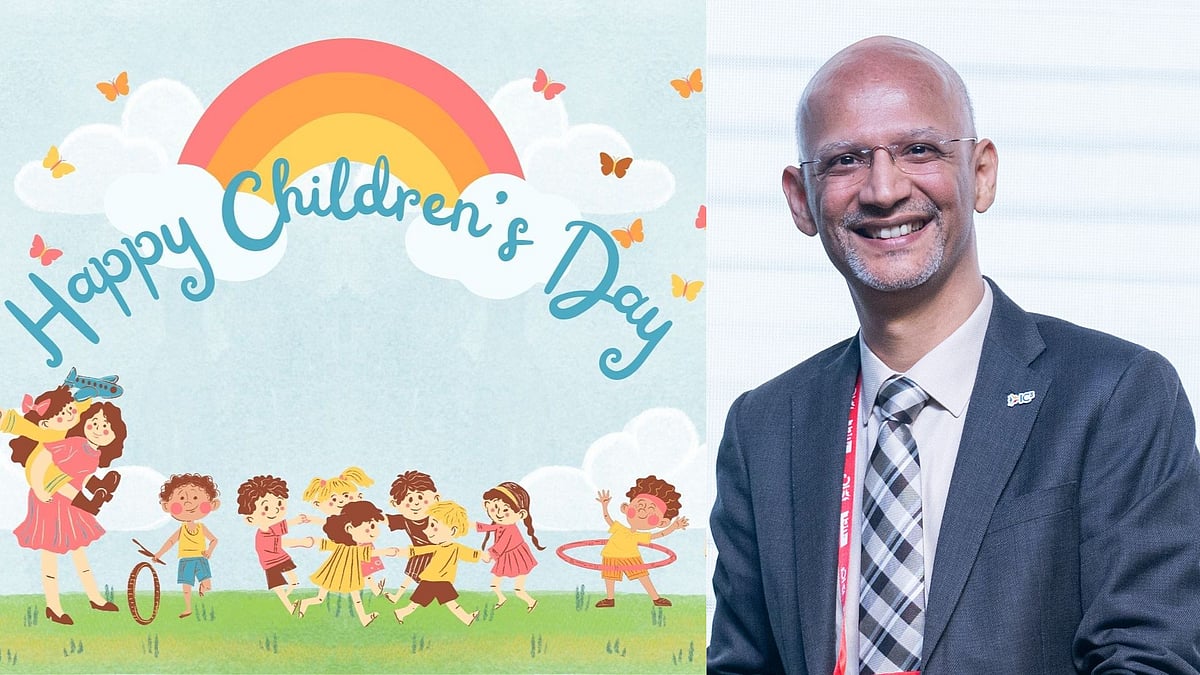Education, at its core, should be more than just academic success. It should be a journey that nurtures the mind, uplifts the spirit, and builds the strength to navigate life’s challenges. Reflecting on the role of empathy in education reveals how counseling can nurture children’s emotional intelligence and adaptability, fostering a more balanced and joyful learning experience.
In today’s high-pressure academic environment, the focus on grades and competition often overshadows the importance of genuine support. Yet, empathy is one of the most critical traits in shaping well-rounded, emotionally strong individuals. When children feel genuinely supported, they are more likely to develop self-awareness, compassion, and the confidence needed to thrive in both their personal and academic lives.
Educators play a pivotal role in fostering this empathetic approach. By recognizing that each child has unique struggles and strengths, teachers and counselors can provide guidance that extends beyond academics. Rather than merely striving for high marks, students begin to learn the value of self-acceptance and resilience, understanding that growth is as much about emotional development as it is about intellectual achievement.
Counseling as a Pathway to Emotional Growth
Counseling in schools goes beyond career guidance; it offers children a safe space to explore their thoughts, emotions, and aspirations. In an age where societal expectations and academic pressures often lead to stress and anxiety, counseling provides a foundation for mental wellness. It allows children to openly discuss their challenges and teaches them essential coping strategies, equipping them to face life’s inevitable ups and downs with confidence and inner strength.
Research and real-life experiences show that when children have access to counseling, they are more equipped to handle both personal and academic setbacks. Counseling supports them in developing emotional intelligence. Children who understand their emotions are better equipped to manage stress and focus on their studies, leading to a more balanced and fulfilling educational experience.
Nurturing Adaptability through Purpose-Driven Counseling
In today’s educational landscape, students often face tremendous pressure to fit into predefined molds of success, leading to burnout and even mental health crises. Here, counseling plays a crucial role by helping students discover their purpose and align their education with their passions and strengths. When students find purpose in their learning, it adds meaning to their journey, helping them become more adaptable in the face of obstacles.
A purpose-driven approach to education encourages children to view challenges as opportunities for growth rather than threats to their self-worth. With the support of empathetic counselors, students learn to set realistic goals, embrace their unique strengths, and develop a healthy perspective on success and failure. This shift empowers them to pursue their dreams without the fear of falling short, instilling determination that extends beyond the classroom.
Integrating Emotional Intelligence into Education
Emotional intelligence (EI) is an often overlooked aspect of a child's development. By integrating EI into the educational experience, schools can cultivate a generation of emotionally intelligent and resilient individuals. Counseling sessions can be designed to teach children how to identify and understand their emotions, regulate them, and empathize with others. These skills lay the groundwork for a supportive school environment where students feel valued and understood.
Introducing mindfulness practices in counseling can help students manage anxiety and build emotional regulation skills. Through these practices, children learn to be present, aware of their thoughts, and more responsive to the world around them. This not only enhances their emotional strength but also contributes to a more joyful, engaged approach to learning.
Creating a Compassionate and Supportive School Culture
Creating an empathetic and supportive school culture requires collaboration among educators, parents, and counselors. Schools that emphasize the well-being of students alongside academic achievement create a balanced learning environment that values both personal growth and scholastic success. In such environments, students are encouraged to express themselves, seek help without fear, and approach their studies with curiosity and enthusiasm.
Counseling plays a vital role in nurturing this empathetic approach, helping students build the emotional stability needed to navigate an increasingly complex world. By fostering emotional intelligence and inner strength, we can ensure that our children are not just successful in school but are also equipped to lead meaningful lives.
Empathy in education is not just an ideal; it’s the foundation of a future where our children grow as compassionate, resilient leaders. By committing to an approach that values emotional growth alongside academic success, we are nurturing a generation ready to shape a world grounded in understanding and kindness. It’s time to champion an education that prepares our children not just to succeed, but to lead with empathy and make a lasting, positive impact on the world. When we place empathy at the heart of education, we are not merely educating students; we are empowering them to leave an indelible, positive mark on the world.
The author of this article is the Founder of the IC3 Movement.












